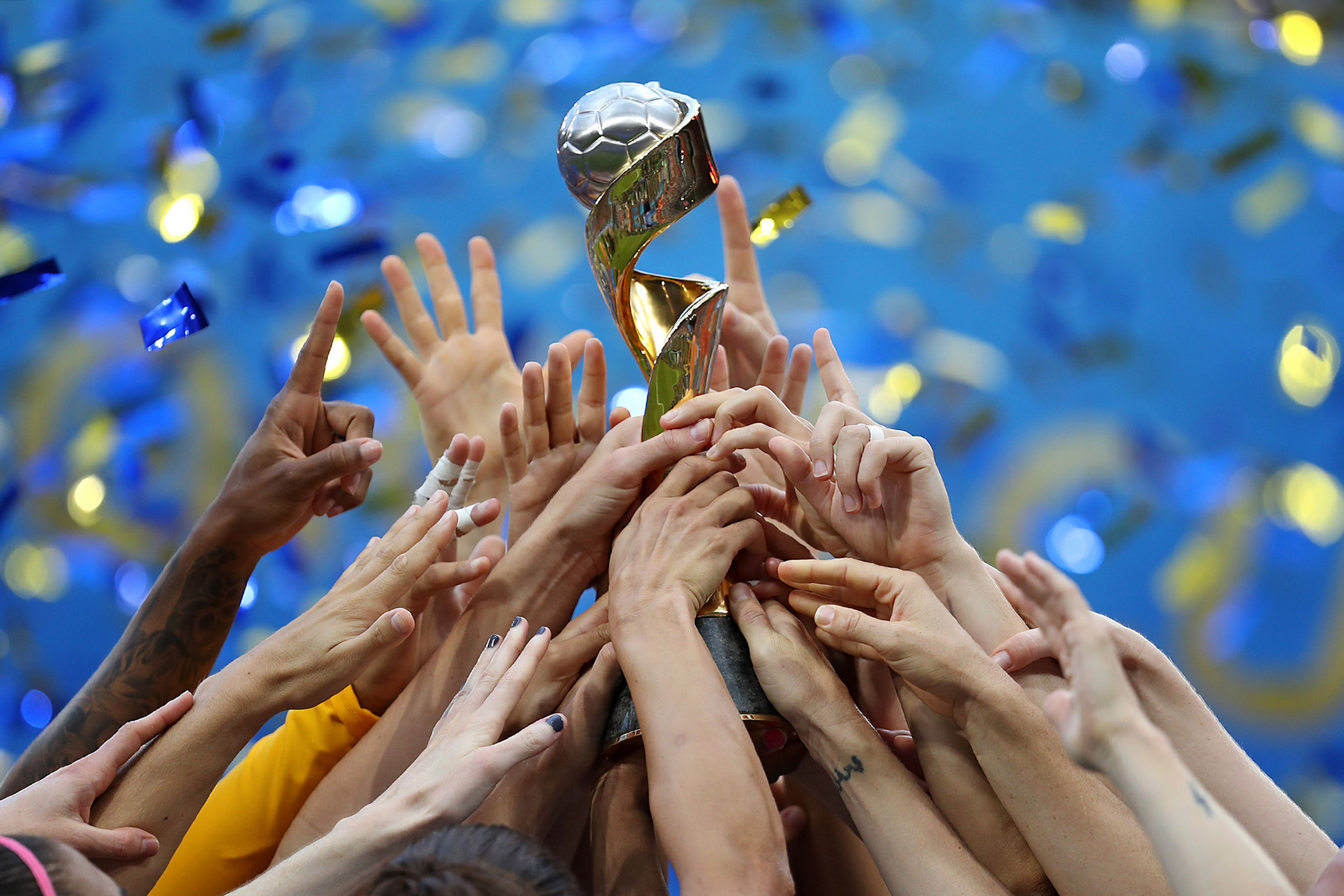
MPB Meets: Sports Photographer Cathrin Müller
Published 12 November 2021 by MPB
Sports photographer Cathrin Müller has been an integral part of the sports photography industry for decades, travelling around Europe to capture the world’s most talented athletes. Cathrin Mueller has established herself as one of the leading women sports photographers in Germany, and we had the privilege of chatting with Cathrin about her career, her kit and her views on women in sports photography. Read on.
MPB: Can you tell us about your journey as a photographer? What made you want to pursue sports photography as a career?
CM: I probably had a really unusual way of getting into the job, as I didn’t have a clue what I wanted to be after leaving school. I was always an ‘arty/creative person, so I decided to visit a school for graphics and design. In this school, we also had a photography course, which was the first time I got in touch with the creative side of photography. Until this moment, probably like so many other people, I used photography as a tool to remember a nice holiday or moment. However, I never pictured myself being a studio photographer who shoots people for passports and IDs and stuff like that. It sounded quite boring to me. I always liked travelling, being on the road and meeting new people. That was what I pictured my future job should involve. So my first job as a photographer was for a company that made those school pictures. You know, you go to a school or kindergarten and you shoot the kids in a nice setting, take group pictures and the parents can buy the whole set afterwards. I know that doesn’t sound fun either, but it was actually quite nice. At least I could travel and meet new people. But I knew that it wasn’t what I wanted to do my whole life, but I hadn’t figured out yet what it is instead.
There was this one moment, I visited a summer ski-jumping event and I saw the photographers working there and it hit me like a lightning bolt, this was the job I wanted to do for the rest of my life. I can’t really say that I was a big sports fan until this moment or that I have watched a lot of sports, on the contrary. When I thought of a photojournalist, I thought of someone who shoots war or poverty or someone who only shoots red carpet and celebrity, or someone who had to shoot boring political debates and stuff like this. And that sounded either too exciting or too boring for me, so I never had thought of a career as a photojournalist. But there it was, everything I ever thought of what my dream job should be, creative work, travel, meeting new people and excitement. And from this very moment on, I did everything in my power to become a sports photographer. I quit my job and moved to Hamburg, where I started as an intern in the sports press agency Bongarts, which was bought shortly afterwards from Getty Images. In 2005, I moved to Stuttgart to start a trainee at the Agency Pressefoto Baumann, where I stayed for three years—two years as a trainee and one as an employee. Since 2008, I've been a freelancer and I used the contacts I had made during my time with Bongarts and Baumann to generate new clients. And because I fell in love with the city of Hamburg, when I lived there for the first time, I knew I had to move back, which I did in 2010. And ever since, I was working as a sports photographer and never regretted a moment that I had chosen this career. I love my job, even when it rains cats and dogs or you freeze like hell because it’s only -10°C [14°F]. It still thrills me. When I catch a special moment in the perfect minute, which could become legendary, I can hear the cheer of the fans around me and I feel the excitement of the competition. It never gets boring.
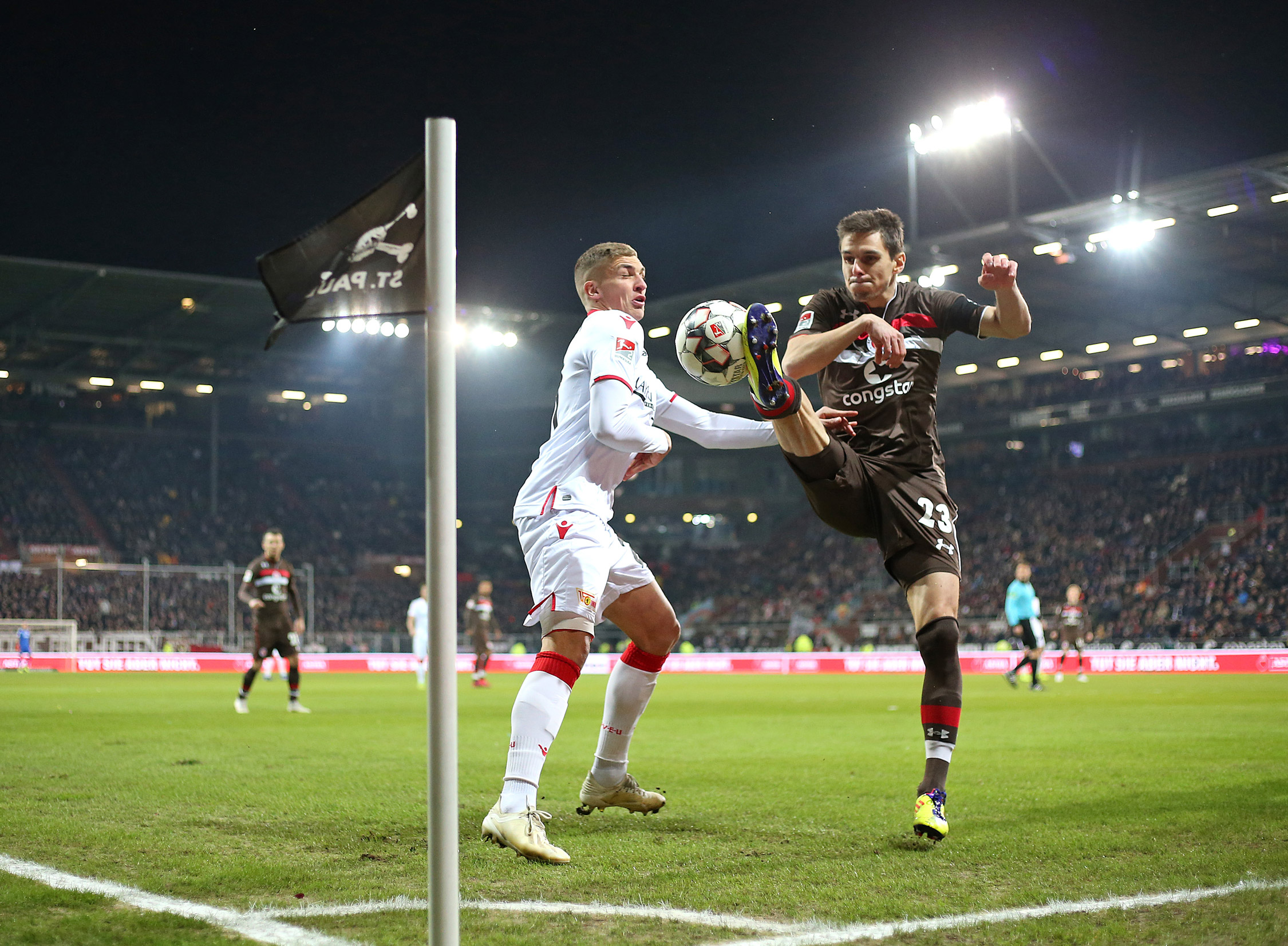
MPB: What camera and equipment do you use? And how important is the equipment to you as a photographer?
CM: I use Canon because Baumann used Canon. As simple as that. I mean what's all the fuss about Nikon and Canon anyway. It’s like discussing a BMW or a Mercedes, both make really good cars which will bring you from A to B, and that’s the same with cameras. Both do really good cameras and with both, you will get great results, you only choose which one you know better and feels better to you. That’s all the difference in my opinion. The talent behind the camera is much more important than the gear. And the lenses are more important than the body.
I mainly use prime lenses, because I believe they are sharper and better. I prefer lenses with a small aperture. That of course means I have to carry a lot more, but I think it’s worth it. To be precise I have three Canon EOS 1DX bodies, a 400mm f/2.8 L IS USM, a 200mm f/2 L IS USM, a 100mm f/2.8 Macro USM, an 85mm f/1.8 USM, a 50mm f/1.8 STM, a 24mm f/1.4 L II USM, a 14mm f/2.8 L II USM, a 15mm f/2.8 Fisheye, two SpeedliteCanon 580II flash units and an Canon EF 1.4x III Extender. My gear is really important to me, probably every photographer would say so. Because these are the tools for our creativity, they make our vision come true. And needless to say, I really watch over my gear. I’m always worried when it’s not working properly or shows the slightest sign of damage. That doesn’t mean my gear looks brand new, on the contrary, my gear looks only after a few weeks like I had them for centuries. That doesn't mean I'm careless, I’m just clumsy. I can’t help it, I really wish I could. But even so, the outside of my gear doesn't look pretty, the important thing is that inside everything is working, and I make sure that mine is working smoothly.
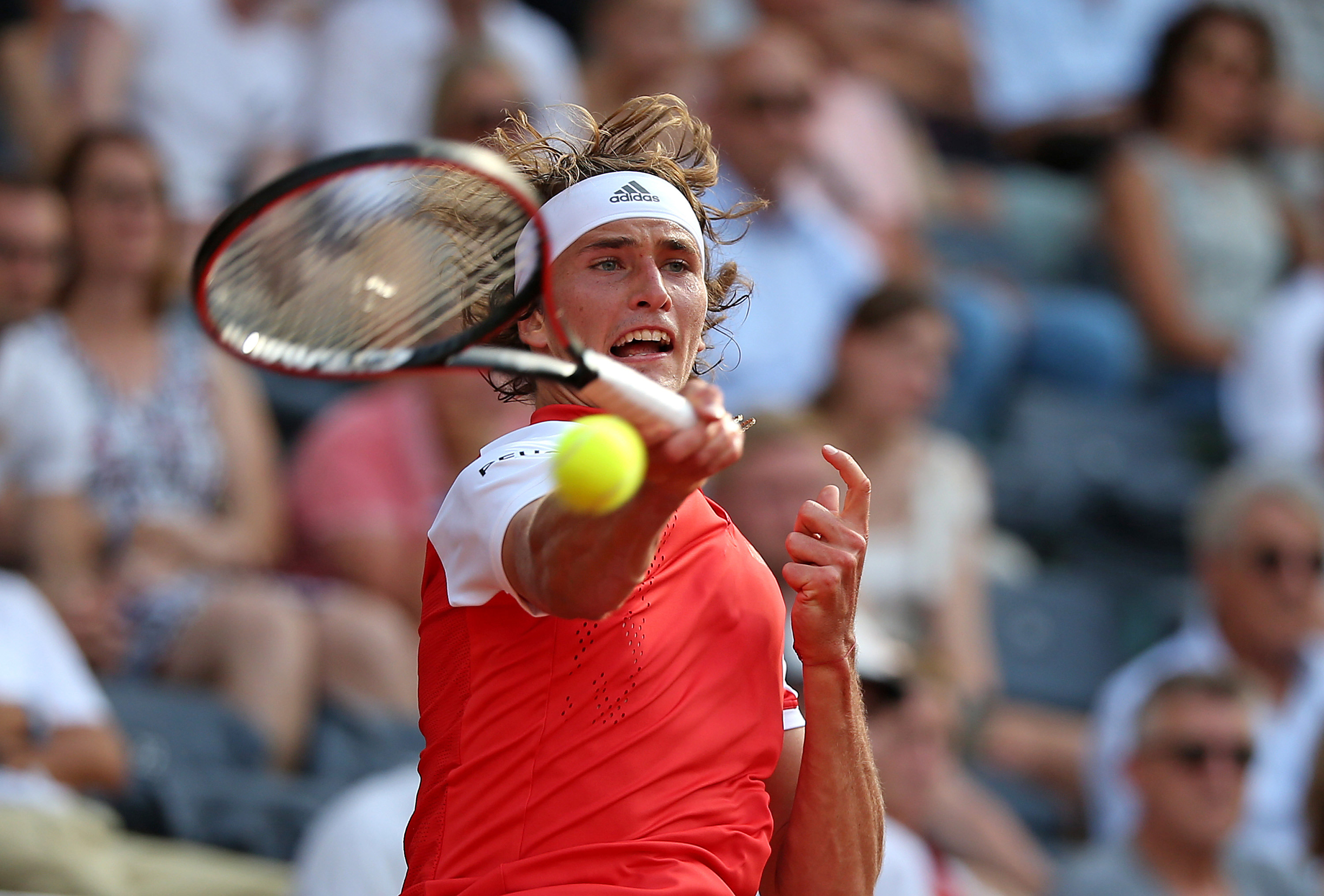
MPB: How important is it to understand the sport you are photographing?
CM: It is very important that you understand the sport you’re shooting. First of all, before it even starts, you need to know from which angle you can shoot it best and which equipment you will need. So when you get to your photo position, you already have an idea in your mind of what kind of picture you will expect. And then you need to know and understand the main rules of the game to know what will happen. Because you need to guess the movement, the reaction, seconds before it will happen. If you’re just starting to get to it when it happens, it could be too late. But it’s not necessary to know every single rule of the match, if you have an overview, that will do.
MPB: What is it like to be on the field, photographing players in action, in a stadium with thousands of fans chanting?
CM: The atmosphere in a full stadium is amazing. And even after all those years in this job, I still get goosebumps when all the fans sing the anthem together. Nothing can beat that. And you can hear from the reactions and the sounds of the supporters what had or will happen on the field. Like when players run towards the goal, you feel and hear how the excitement rises and it either erupts in a big celebration or you can hear a common groaning. Amazing. But I have to admit there is sometimes a downside to it too, especially when you have ‘extreme’ supporters behind you. They are sometimes not so friendly to journalists, it doesn't matter if you're female or male. So you have to be careful, especially when both teams are big rivals.
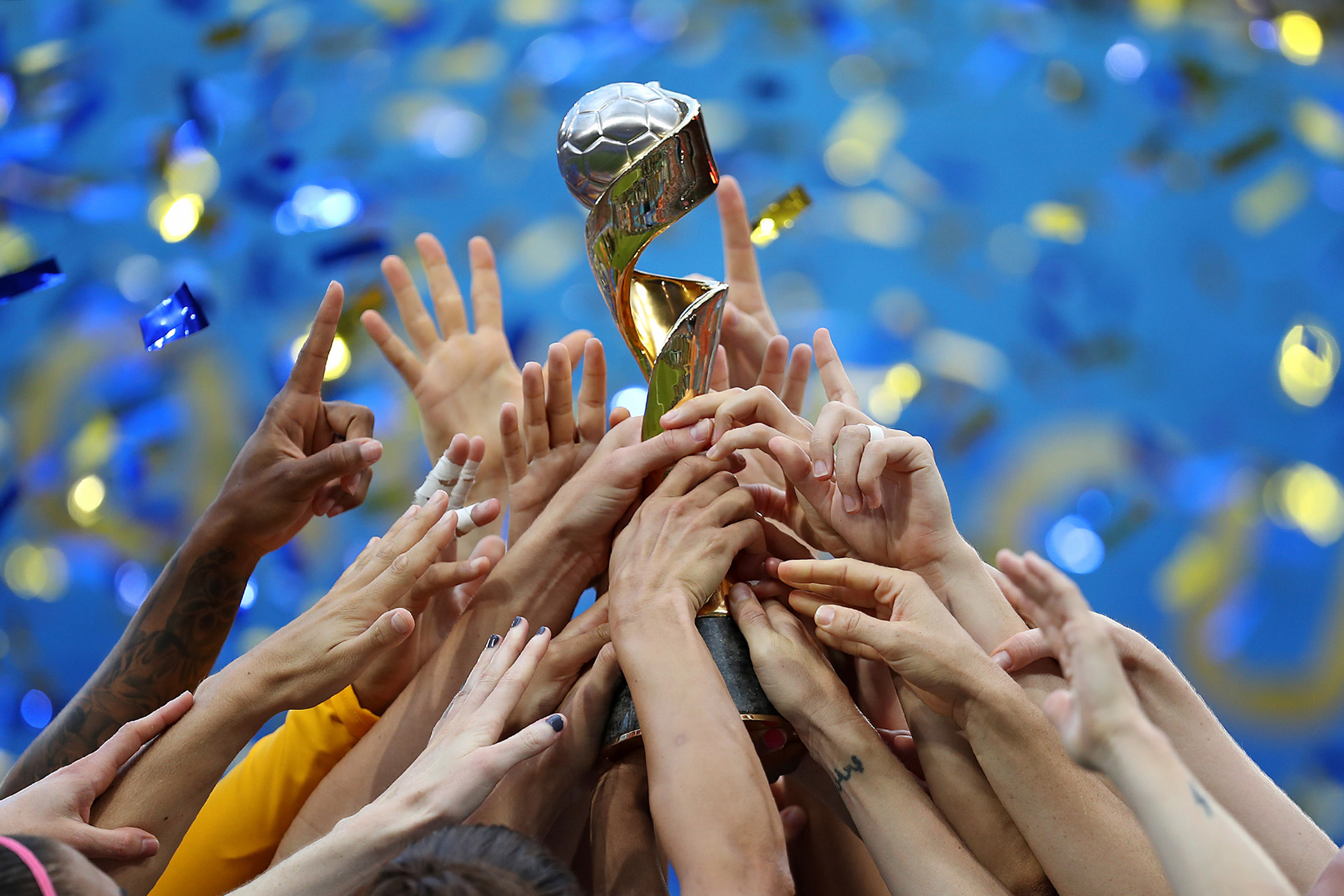
MPB: Let’s talk about women, sports and photography. In a field that is often considered as dominated by men, both on the field and behind the camera, women are finally challenging photography’s patriarchal discourse. What is it like for you as a woman to work in the industry?
CM: This is a difficult question and not an easy one to answer. Most photographers are freelancers, so another photographer is more likely to be seen as a competitor than anything else. It’s therefore difficult to say what makes the difference in how I'm treated. Whether they see me more as a woman or as a competitor, I can’t tell. But I'm pretty sure that my male co-workers see me as a lesser opponent than a male colleague. And that they underestimate me to my advantage. But most of the time, I'm not treated any differently than my male colleagues. I get my accreditation on the same terms, I have to wait in the same line and take the same routes to the field as everyone else. Sometimes I benefit from being a woman. They hold the door open for me much more often than for a man, and sometimes I get through security faster because there are far fewer women there, so the line is much shorter. Security staff will find your name much quicker on a list because a woman's name stands out. There was a funny moment in England, I did the Champions League match, Liverpool vs Dortmund, and the man who handed out the accreditations came straight to me and handed me mine without asking my name. Because he knew it could only be me, due to the fact that I was the only woman. Also, mostly for polite reasons, I've been greeted first by an official or player.
On the other hand, I have noticed too that security staff will come to me first to tell us off, if photographers are standing where they do not belong. I think they are less concerned about me making a fuss than a male photographer. By the way, photographers—both men and women—can be real jerks sometimes, especially when it comes to stretching lines to get a better picture. And of course, I get the “why so bitchy today?" reaction, for example when I have to tell a colleague off if he's blocking my camera vision. Perhaps, they wouldn't react in this way if I were a man. And of course, you can hear the typical men talk about players’ wives and good-looking TV presenters or photographers, which can be quite annoying. You can also hear a variety of swear words against women from supporters who try to scare you off. It's not exactly easy in a stadium, but it isn't so different from the world outside the stadium. I think it is a societal problem, how we treat women, especially women of colour, and that the microcosmos of soccer is just a mirror of it.
MPB: There has never been a more topical time to talk about female representation in photography. What are your thoughts on the female gaze in sports photography?
CM: I don’t know if there is a female gaze to it or how I look at sports photos. I like a certain style of photography. I like clean backgrounds, strong actions, and sharpness on point. I also like the quiet ones, like a single athlete sitting quietly on the side and trying to focus. And I prefer strong portraits. Not just a normal headshot, with no expression. I like faces with strong emotions. But that’s me. For sure, I think that women have a keen eye for poses that are not flattering. For example, a woman would probably not shoot an athlete with open legs towards the camera, if they could avoid it. And I think a female photographer has an eye for details more than a man, like ties that are not straight or hair that stands up. But I don't think that you can tell from a sports photo whether it was taken by a woman or a man.
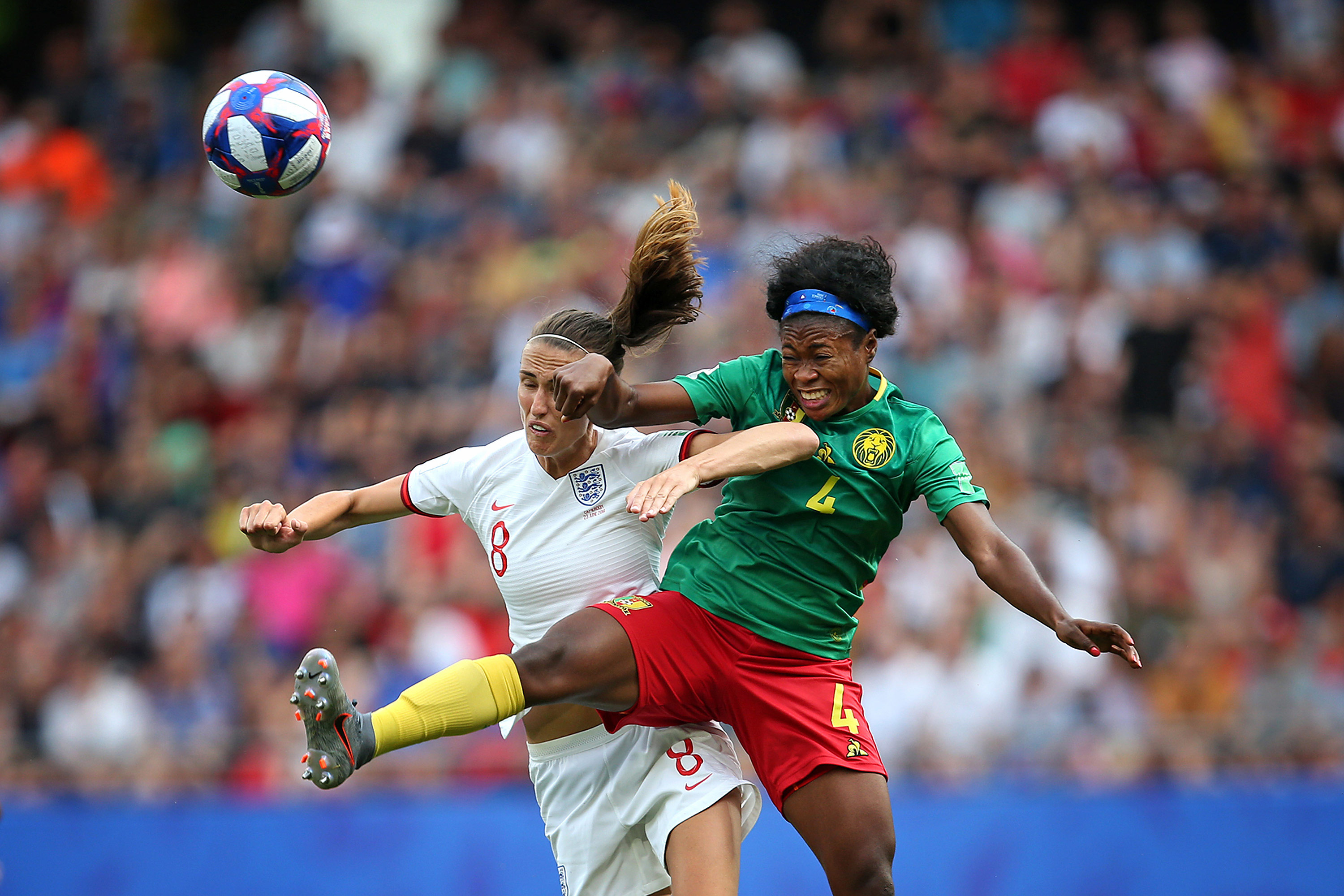
MPB: There is a false belief that women aren’t interested in sports or have ulterior motives for working in sports. How do you challenge those stereotypes?
CM: I think other women question other women's motives more than men do. However, the best way is to act the way you want to be seen. If you want to be taken seriously, you should act seriously. And by that, it doesn't mean you can't wear make-up or nice clothes. But I have to admit, if you are a beautiful woman, it doesn't matter how much you keep it professional. They—and by that, I mean other women above all—will talk behind your back and most certainly question your motives. In this case, you need to hold your head up and let them talk and not let them stop you. You know yourself and the truth. Of course, when it comes to women working in higher positions, it is a completely different thing. When it comes to power, it's almost certainly the men who try to question women's motives. As a photographer, you don't experience this so much. We are freelancers, we work for ourselves. But when you look at the TV stations, it's different. I only know one female TV producer. I haven't had the pleasure of meeting a camerawoman yet. The only women I can see are the TV presenter, the makeup artist, and one or two women who helped with the camera gear. But the thing is, I know a lot of girls and women start out as interns on TV channels, but I don't see them in the stadium. Why is that so? I can only guess. Maybe the work is too hard, it is not easy, and the equipment is heavy. Maybe they want to work for a political show rather than for a sports production. Maybe they had expected something different from the job. But maybe it's the male environment. It's strange and I can't really explain it.
MPB: Do you believe that the patterns of visualising femininity can be broken by simply letting a female photographer control the camera?
CM: Yes sure, if you saw more female photographers, I'm pretty sure that more girls would consider becoming one. And not only behind photo cameras but also behind television cameras, more radio presenters, more referees, more trainers or CEOs would make a big difference. And maybe fans would react less aggressively towards the media. I would like to have more women working as media representatives or club representatives in the stadium and not just as security staff or hosts.
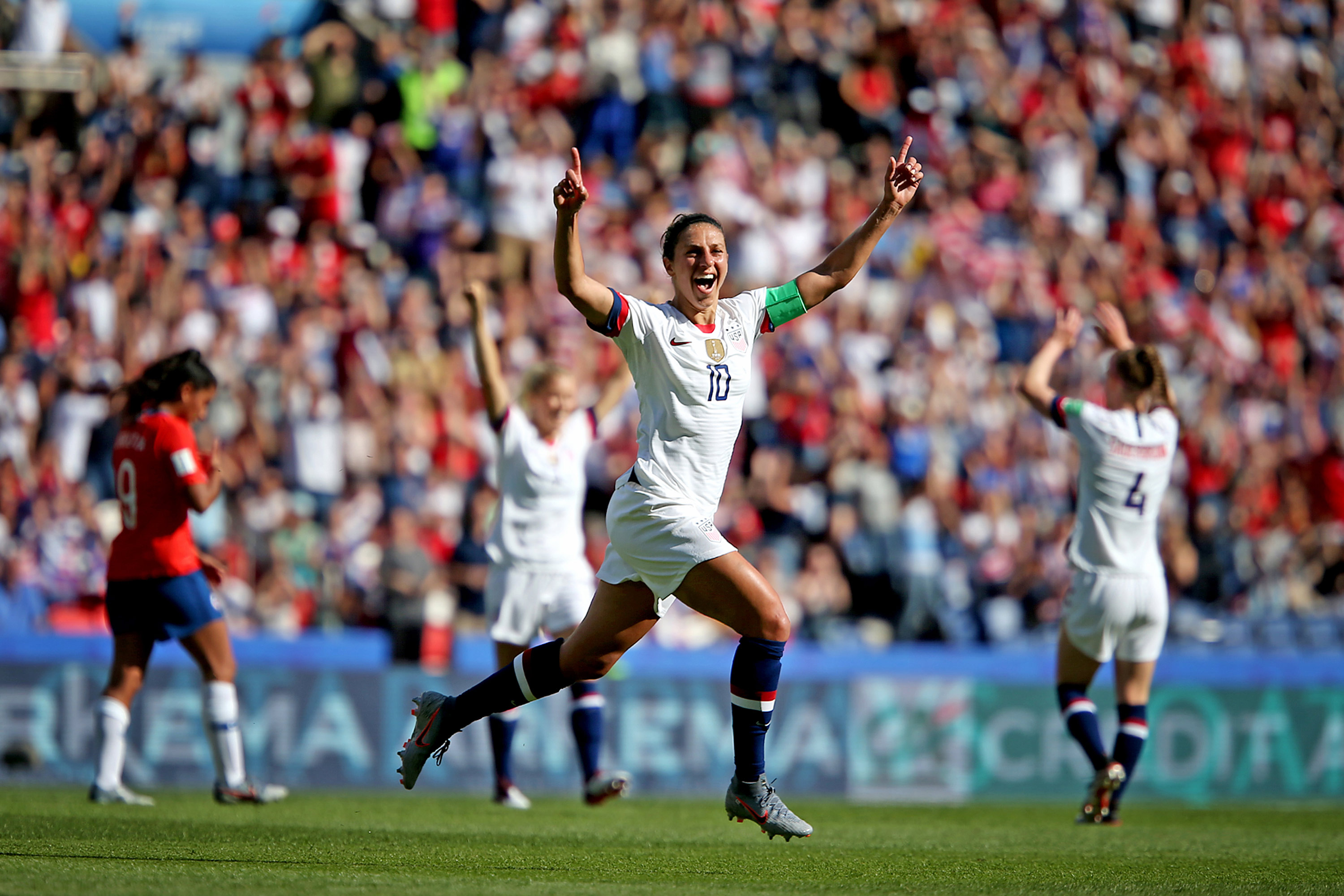
MPB: What can the rest of the world learn about women’s sports photography and women’s sport?
CM: I think women have a unique way of looking at sports and that gives sports photography greater diversity. And I think women are less aggressive. I have never seen female soccer players starting a fight on the pitch. Female photographers too won’t start pushing and shoving when it comes to getting the best photo position. I can't tell how many times I've seen adult men start fighting when they had to move their position two inches to the right or left. I think it is because women always prefer a solution that benefits everyone. And in sports, I would like to see more sporting events in which women and men start equally and get the same prize money.
MPB: The landscape of sports is changing, but challenges still remain. For young women looking to get into the industry, what advice would you give them?
CM: Most importantly, don't give up. If you really want it, you have to work hard for it. It's not an easy job, neither for boys nor for girls. You have to make a lot of sacrifices. Since sports events take place in the evenings or on weekends, social life does not always keep up. So before you make the decision, make sure it's really what you want. I was fortunate that I had found agencies that made it possible for me to do an internship or a trainee. Not many agencies still offer this today. There is no classical training anyway. You can study media communication or photography or do an apprenticeship as a classic photographer, but a sports photographer itself is not an apprenticeship. The thing is, I didn't even know at the time that these agencies were looking for someone because there was no official job posting. I wrote to these agencies, and many others, by chance and asked about an internship or traineeship. Funny story, one of the agencies I wrote to replied to me at the time that they didn't do internships because they didn't want to train their own competitor, who I would become sooner or later because they wouldn't have the capacity to employ me later. They were sorry and wished me luck. Now they are one of my closest clients and, of course, friends.
Of course, you need a portfolio with sports photos or use social media to present yourself and your work. Also, try to get in touch with as many agencies, photographers, newspapers, television or other media as possible. Contact them and ask for internships. Try to shoot as many sports events as you can get in. It doesn't need to be first league matches, you won't get in it anyway, because you need a press card and proof of being a professional, which you're not yet. But in lower leagues and less popular sports events, you're probably more than welcome. And they are perfect for learning and getting better. Because if you manage to take a spectacular picture on an ugly soccer field, then you can do it in a perfectly-lit soccer stadium in the Champions League. And finally, sports photography is special because you only have that one moment, there are no second chances to try again. If you missed the goal, you missed it. On the one hand that is the thrill, and on the other hand, it is also quite disappointing if you have to leave the stadium empty-handed. But do yourself a favour if you've sent a picture to a client. Make sure you're really happy with it. Because, at the end of the day, your name will be under that picture and you will be judged over it by colleagues and potential clients. And be patient. Because it will take time for it all to work out.
Looking for more sports photography content?
This article is part of the MPB Guide to Sports Photography, our comprehensive look at how to create sports photography, with camera recommendations, advice and interviews with experts.
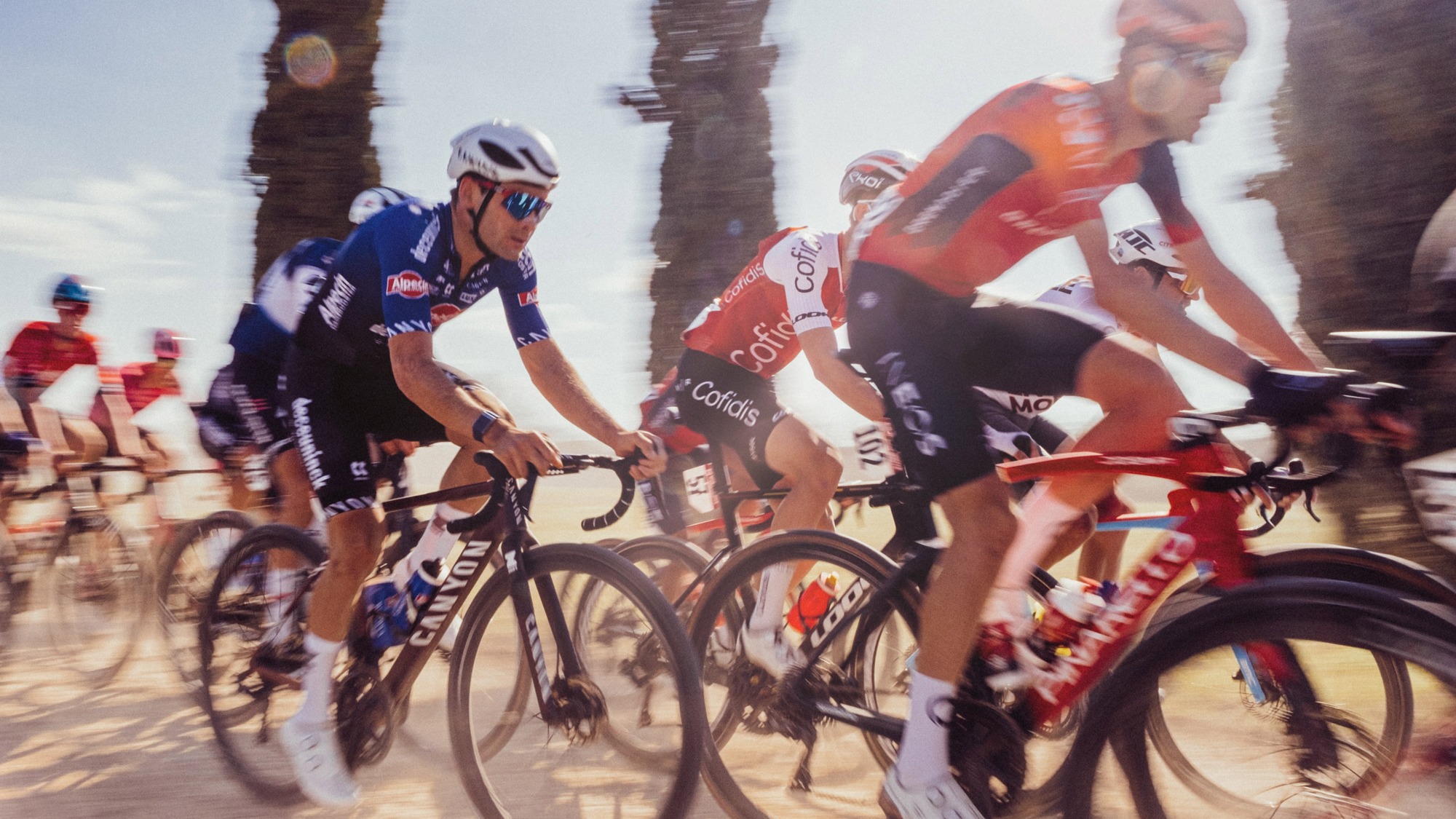
MPB Guide: Sports Photography
Read our full sports photography guide with in-depth advice, recommended camera gear and interviews with the experts.
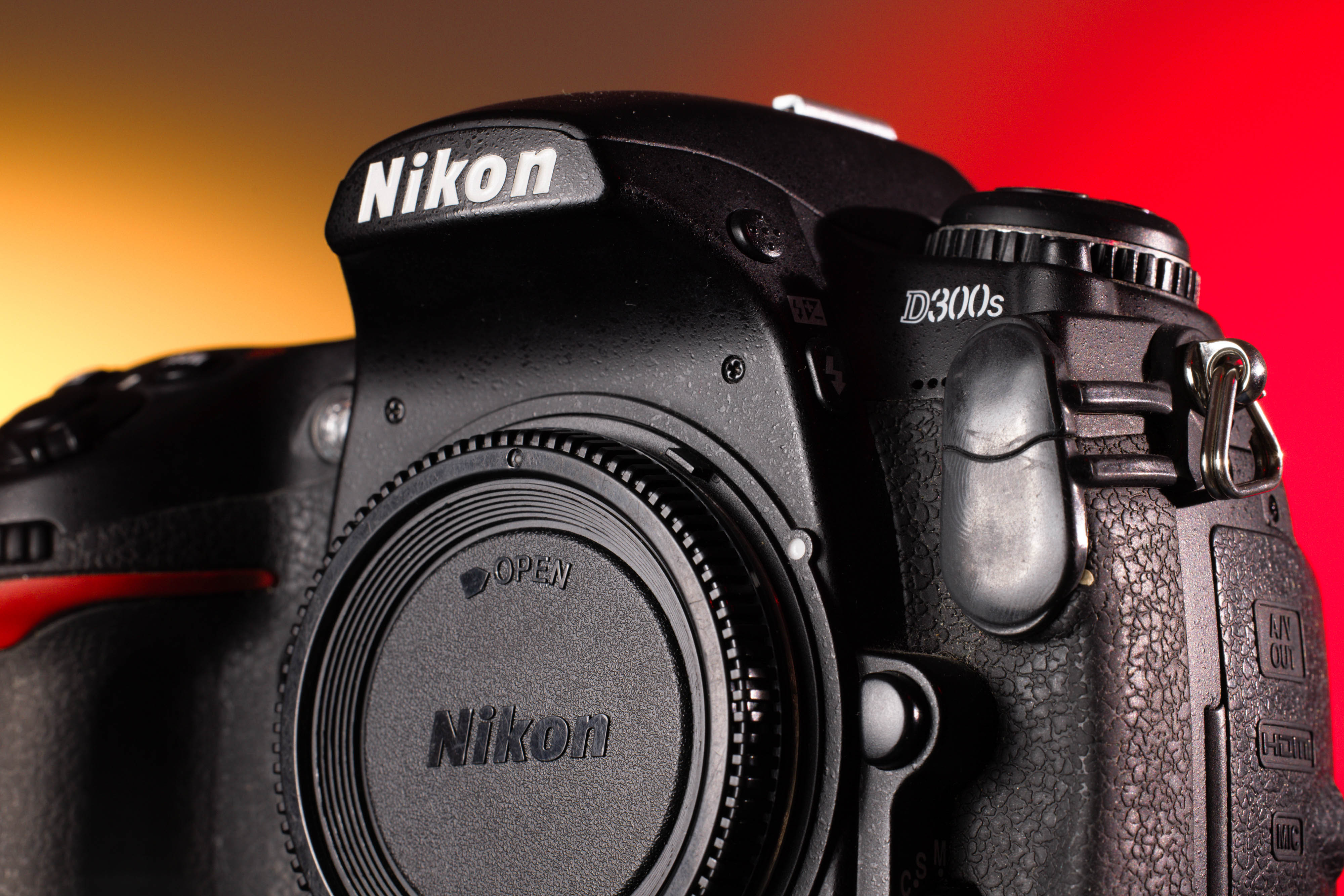
Selects: Top 12 Camera Setups for Sports Photography
Check out our best camera setups for sports photography, chosen by experts, with DSLR, mirrorless, full-frame and crop-sensor options.
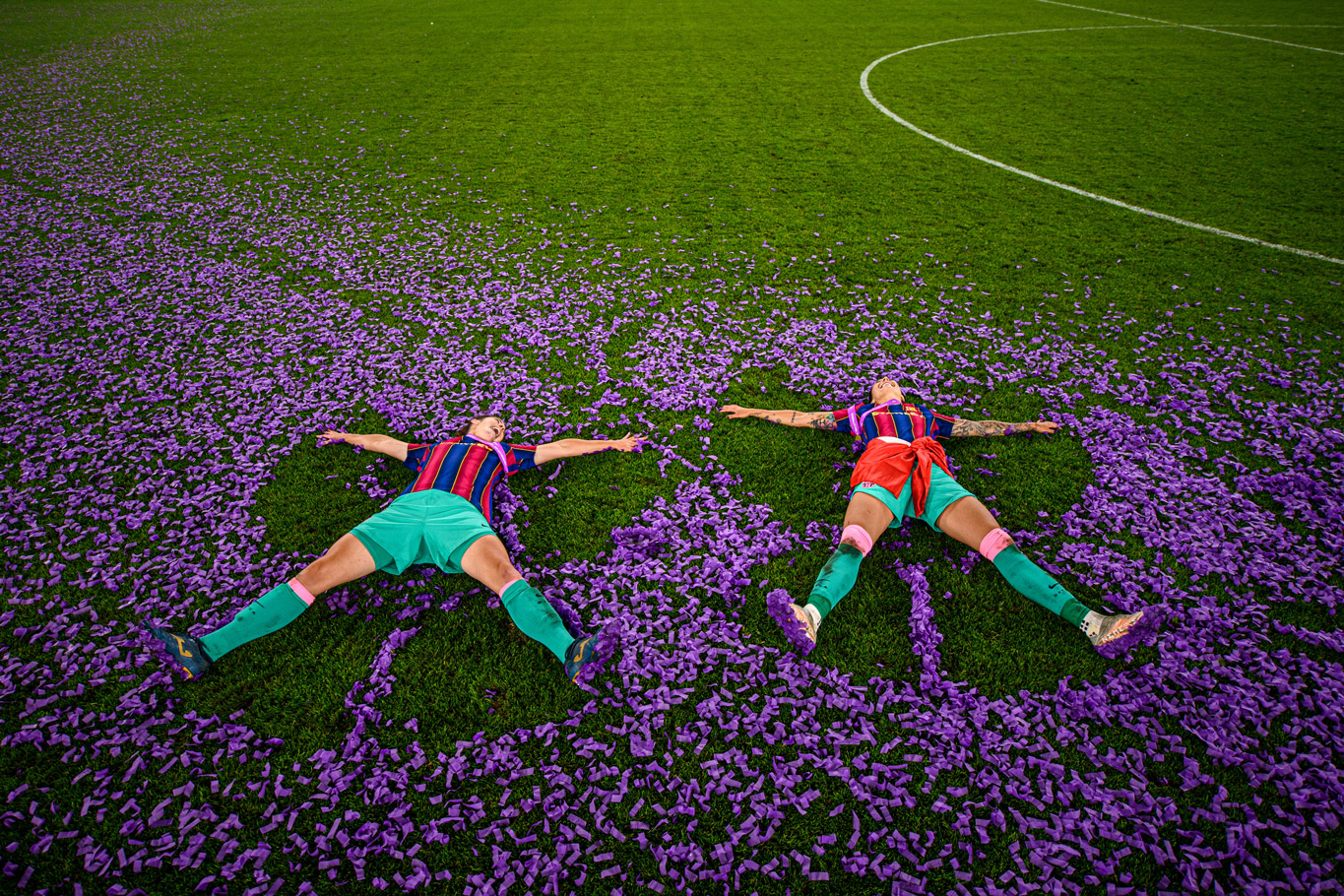
MPB Meets: Sports Photographer Lukas Schulze
Throughout his 15-year journey as a pro sports photographer, Lukas Schulze has covered events like the Olympics. Read the interview.
You can sell or trade your camera kit to MPB. Get a free instant quote, get free insured shipping to MPB and get paid within days.